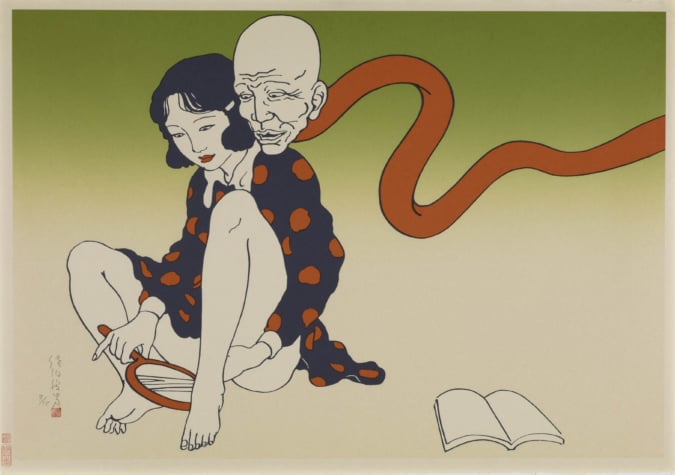‘Plastic Love’, an Eternal Phenomena
Having conquered the charts in the 1980s, the ecstatic city-pop of Mariya Takeuchi’s song returns as the paradigm of Internet nostalgia.
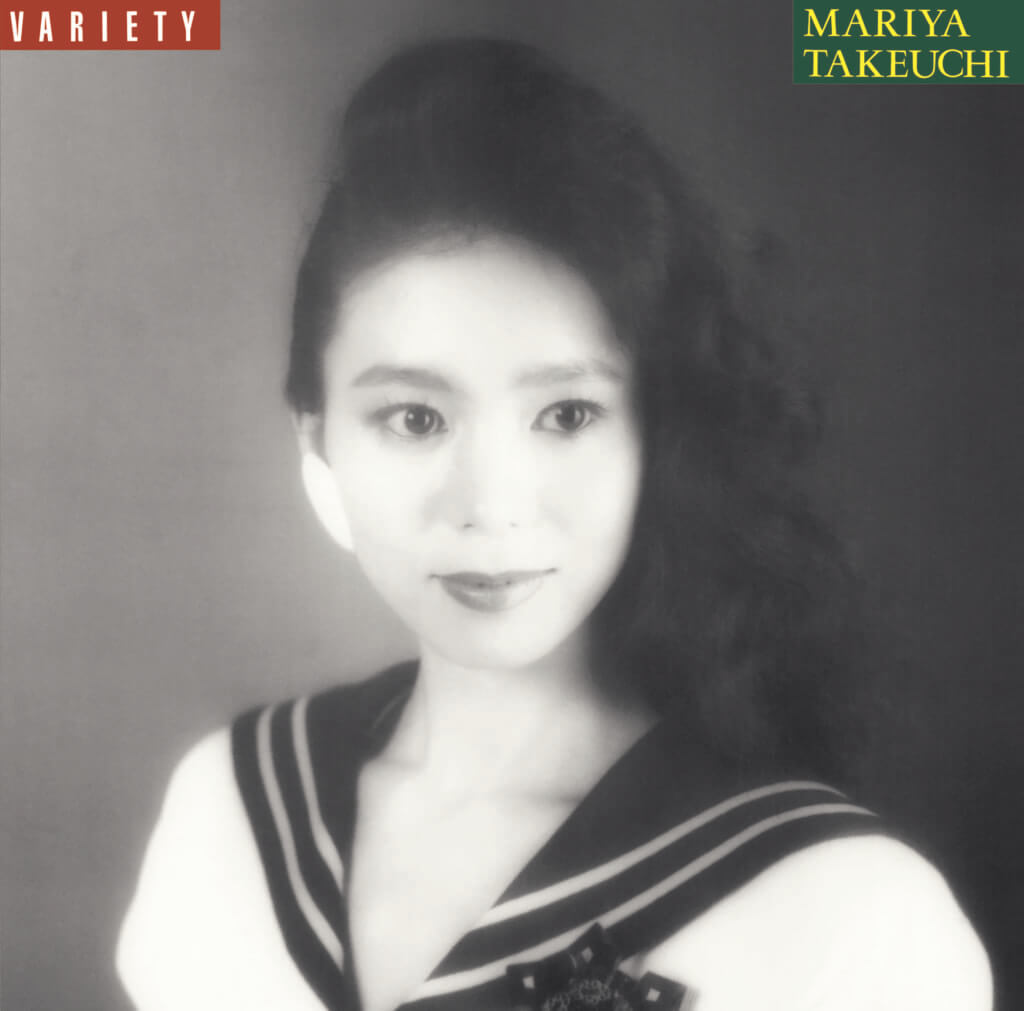
Cover of Mariya Takeuchi's ‘Variety’ (1984). © Warner Music Japan
The music of singer-songwriter Mariya Takeuchi has a way of captivating digital explorers in dazzling realms within a single, curious click. With the album Variety, her voice overflows from the computer screen, melodically transporting listeners all at once to the magical bliss of Japan in the year 1984.
Ask any Japanese listener, whether or not they directly bear memories of the time, and they will immediately recognise her as the iconic singer-songwriter that produced radiant city-pop classics next to her husband, Tatsuro Yamashita. At the height of the bubble decade, Japan’s financial boom, and the golden decade of idol culture, Mariya Takeuchi’s post-hiatus album became her instant #1, and she one of the best-selling artists in Japanese chart history. But in the present, especially with the 50 million views on Youtube amassed by fan-made versions of ‘Plastic Love’, unbridled happiness and hope in her music has come to have added meanings.
Love in the new Millennium
Having always been at the centre of Japan’s A-list musical scene since her debut, Variety became Mariya Takeuchi’s favourite, written and arranged entirely by herself. The album journeys through a range of genres, masterfully united by velvety choruses and impeccable instrumentation. ‘Lets Get Married’ takes inspiration from 1950s doo-wop, ‘One Night Stand’ has the feel of a country bar at night, and ‘Sing with Mersey Beat’ pays tribute to the 1960s scene in Liverpool. The beginnings of Mariya Takeuchi’s 43-year career showed the direct involvement of surrounding musicians who were spearheading Japanese pop, from Yellow Magic Orchestra members Haruomi Hosono and Yukihiro Takahashi, and fellow city-pop idol Taeko Onuki, to Shigeru Suzuki of Happy End. Variety, however, was an individual creative achievement, stemming from a diverse fascination with music at an early age and guided by the authentic emotions that lyrically shine through.
Inevitably, the all-embracing international sensation came to be linked to other forces. ‘Plastic Love’, arguably her most euphoric number, initially featured an extended mix by her producer and spouse Tatsuro Yamashita upon its single release. But in future generations it resurfaced in new forms: mashups with famous Western songs; fan-made English-language lyrics; and most prevalently, retro-futuristic ‘vaporwave’ takes, which circulate ubiquitously on the internet. As an emotional rush, the songs of Variety at first defined a moment in time, celebrating intense creativity and aspiration. But today, they have become an important site of virtual commentary, as urban love stories for those who yearn for an idealised past from the present.
Mariya Takeuchi, currently signed to Warner Music Japan, has a continued presence in the Japanese music market. A new official music video for Plastic Love is available on Warner Music Japan’s official Youtube channel. More information on the artist can be found on her official website.
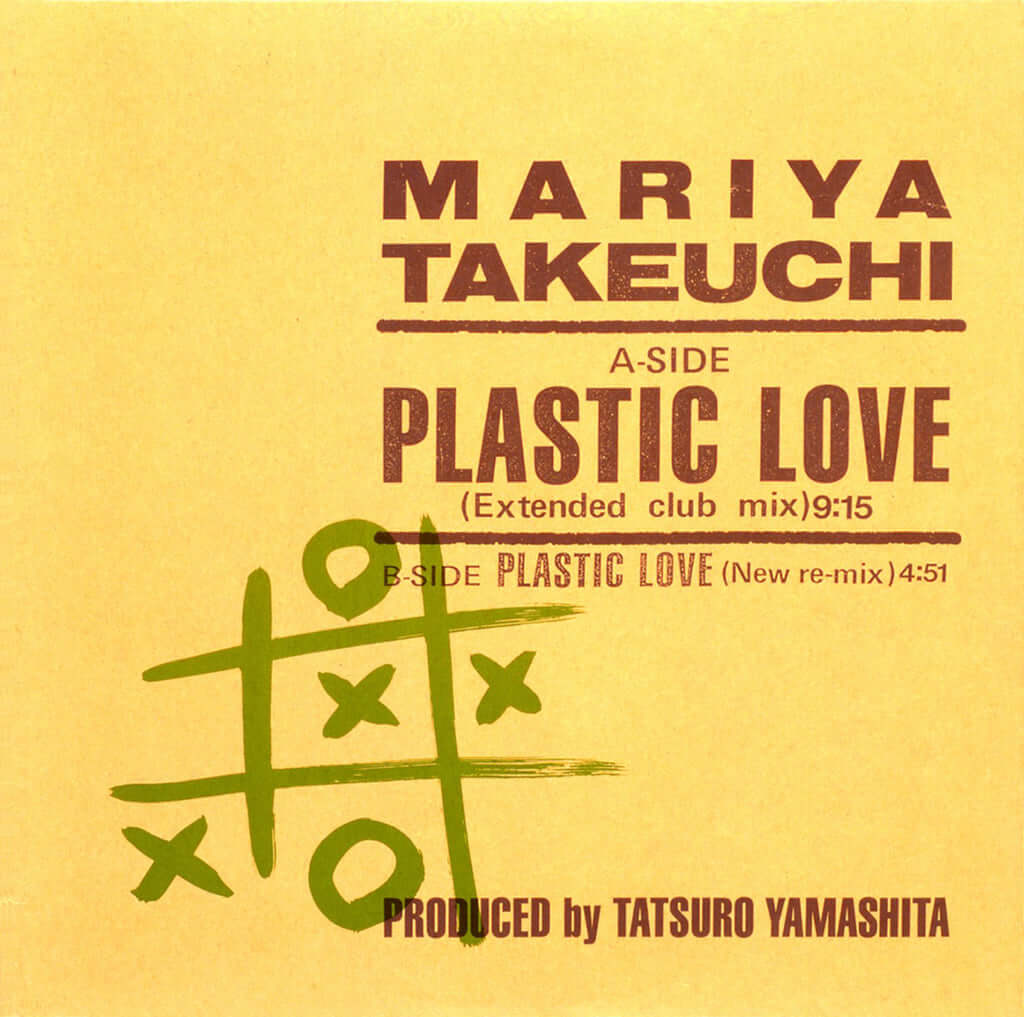
Cover of ‘Plastic Love’ Single, which includes Tatsuro Yamashita's mix. © Warner Music Japan
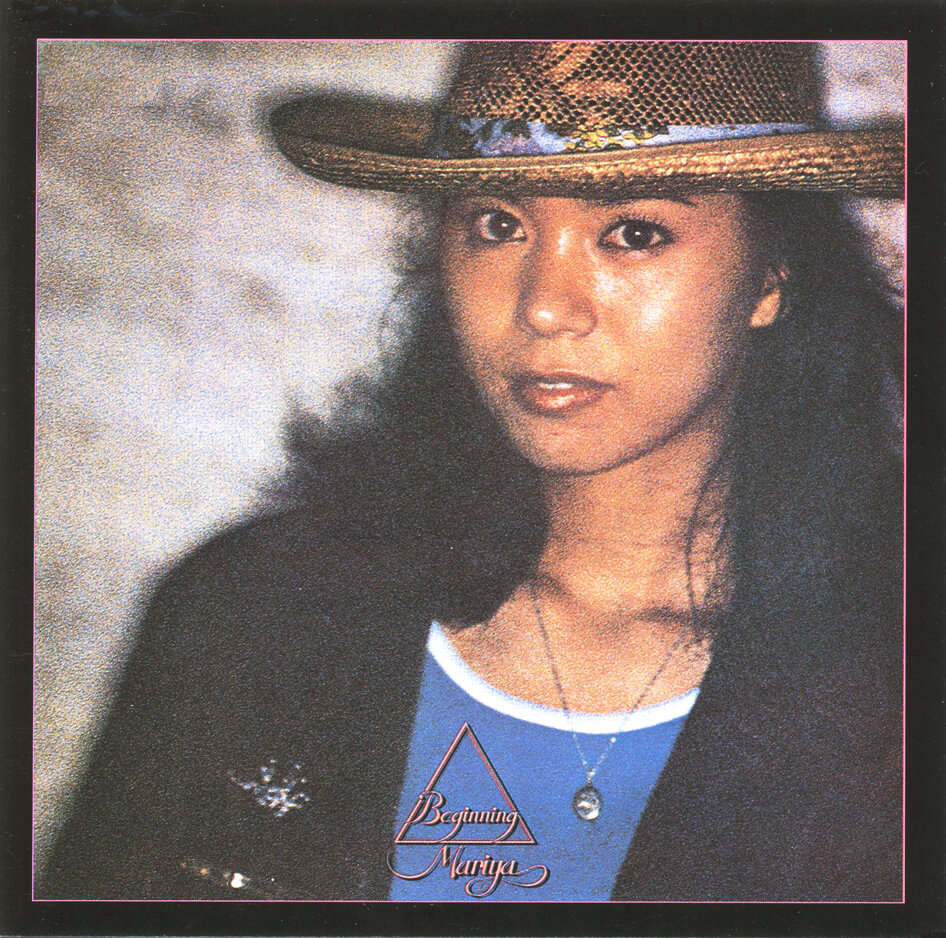
‘BEGINNING’ (1978), Mariya Takeuchi's debut album. © Ariola Japan.
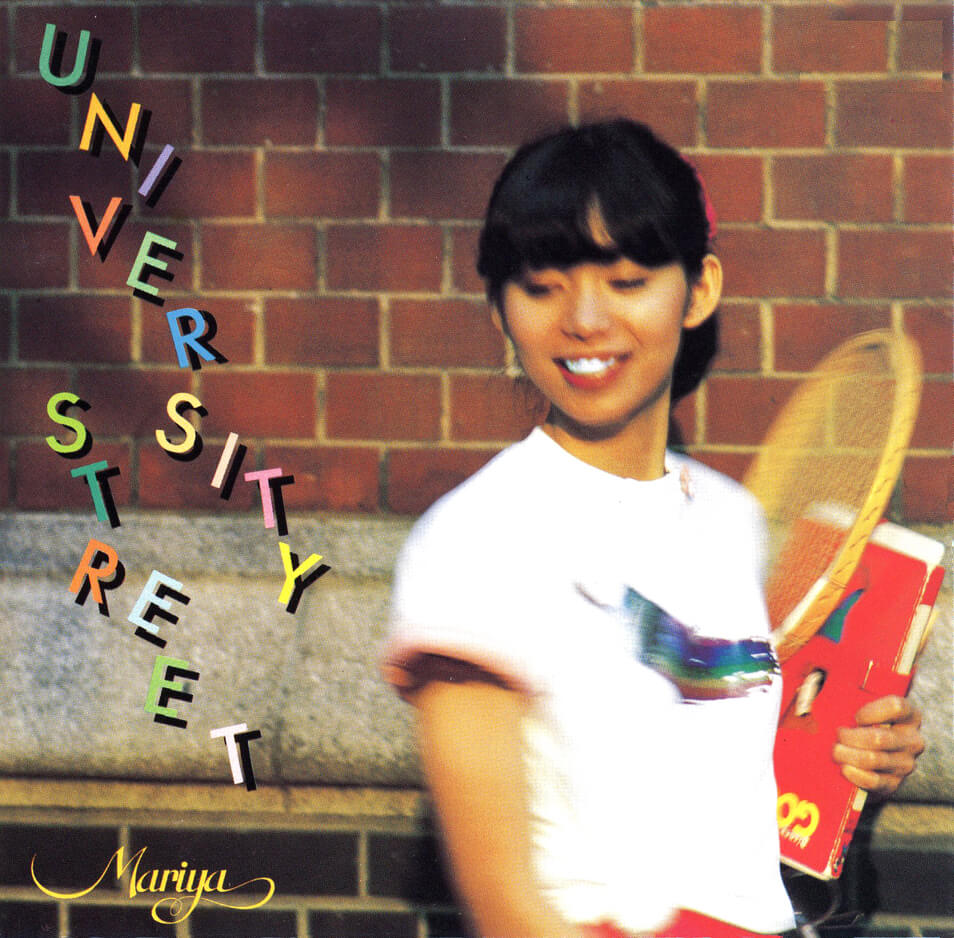
‘University Street’ (1979) © Ariola Japan.
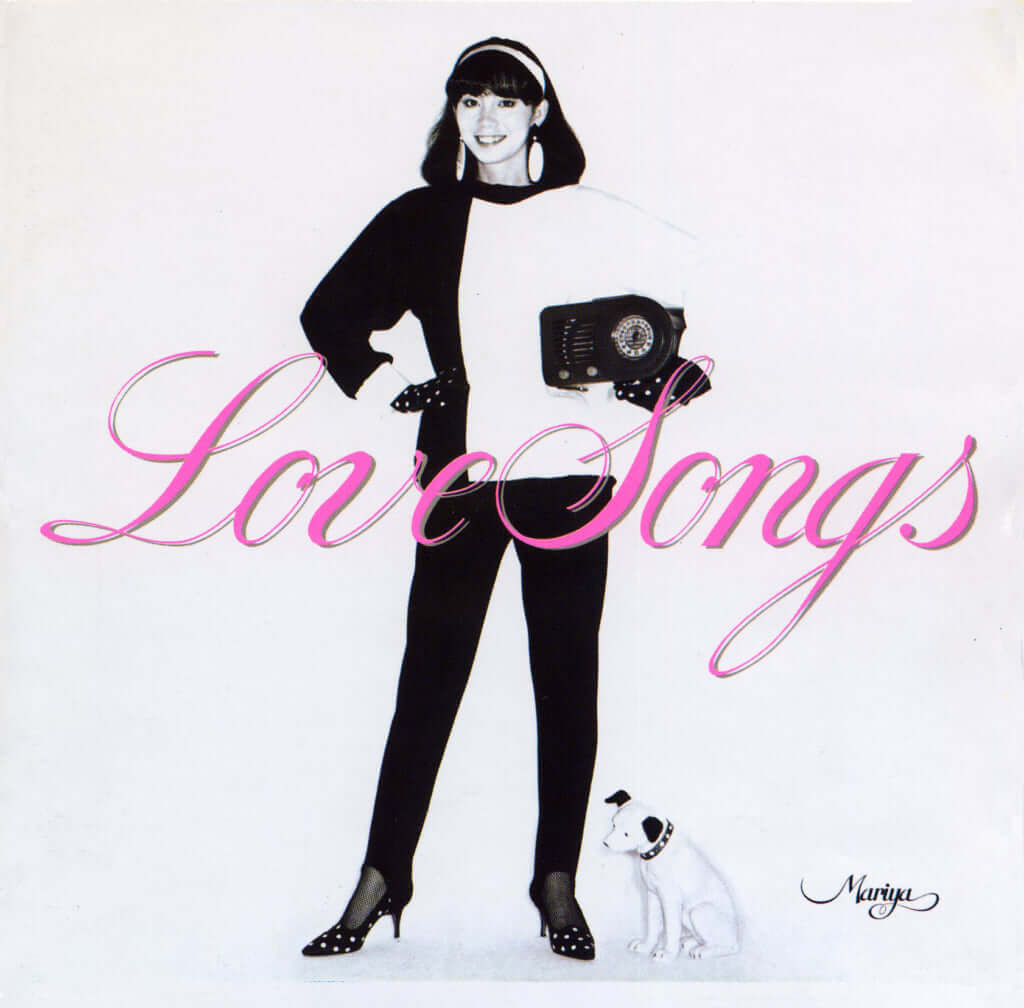
‘Love Songs’ (1980) © Ariola Japan.
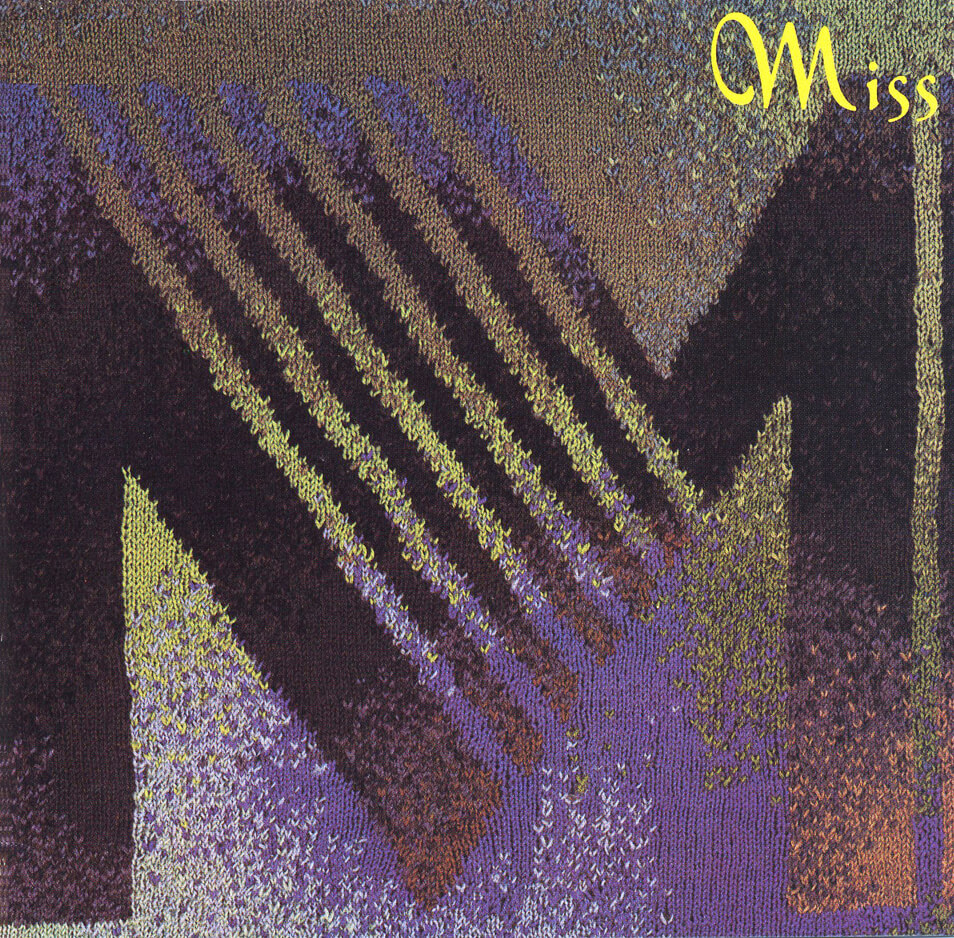
‘Miss M’ (1980) © Ariola Japan.
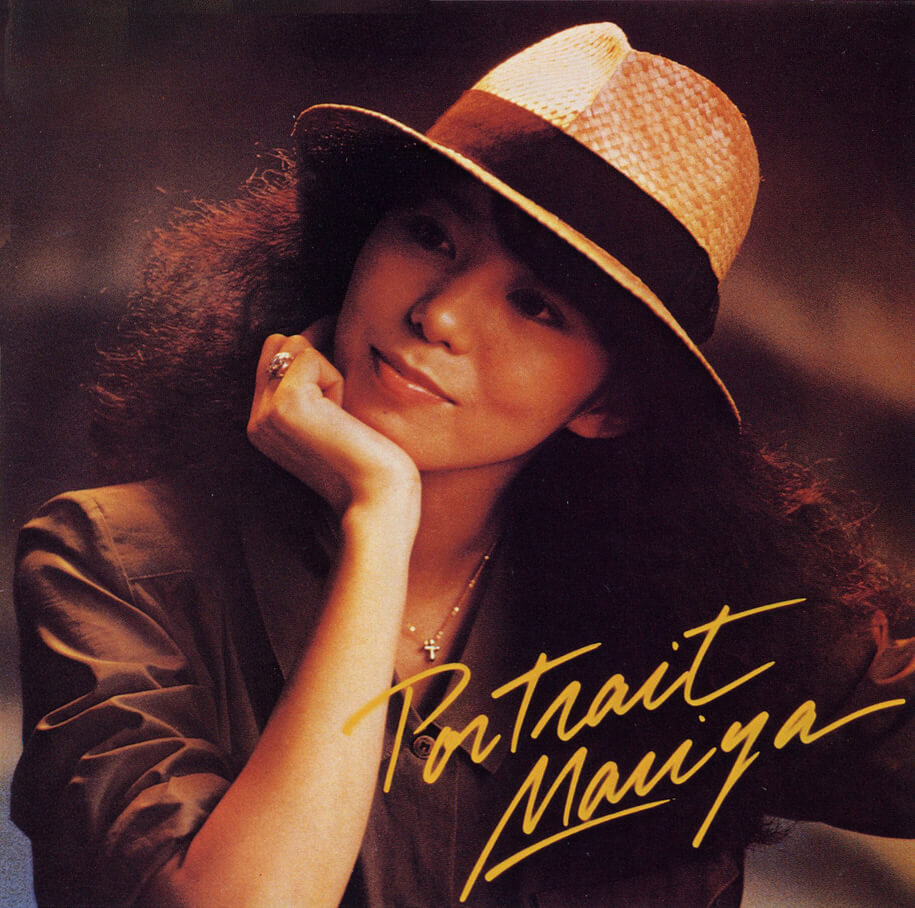
‘Portrait’ (1981) © Ariola Japan.
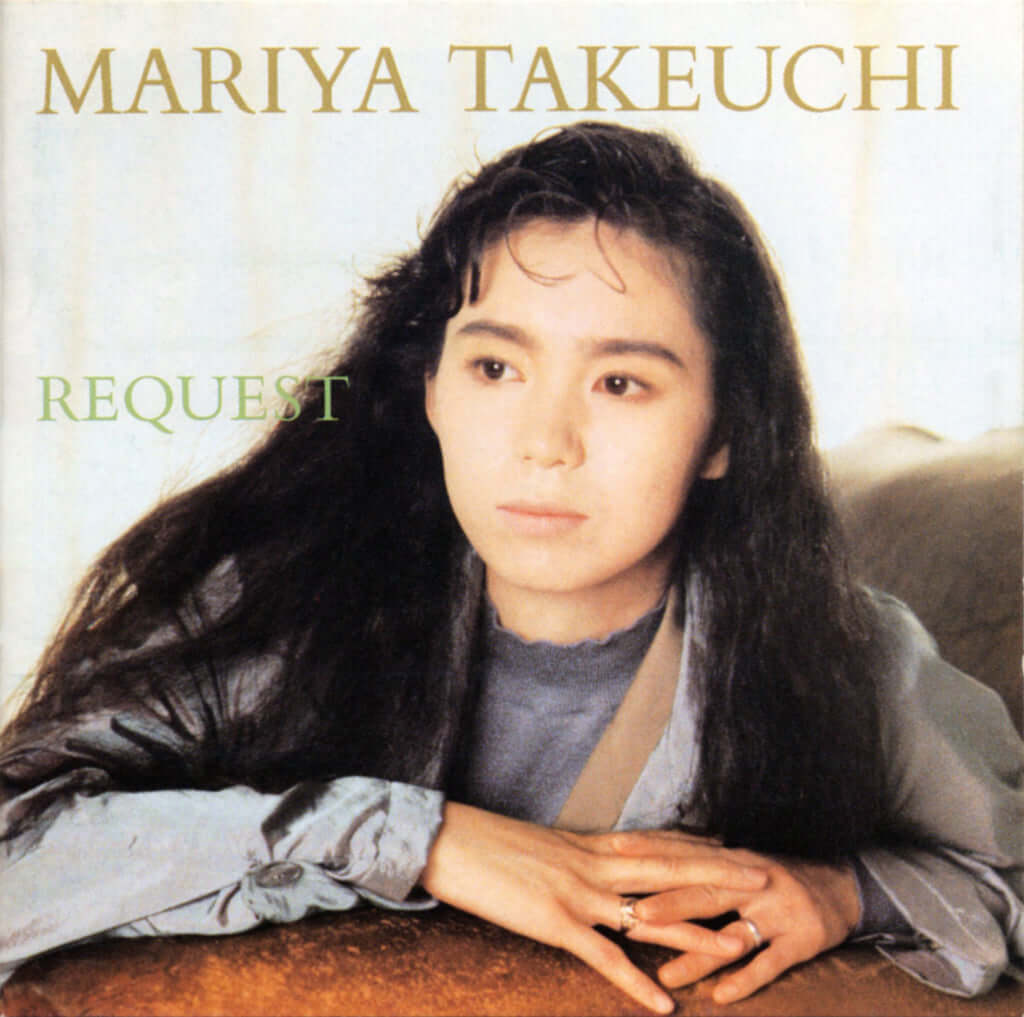
‘Request’ (1987) © Warner Music Japan
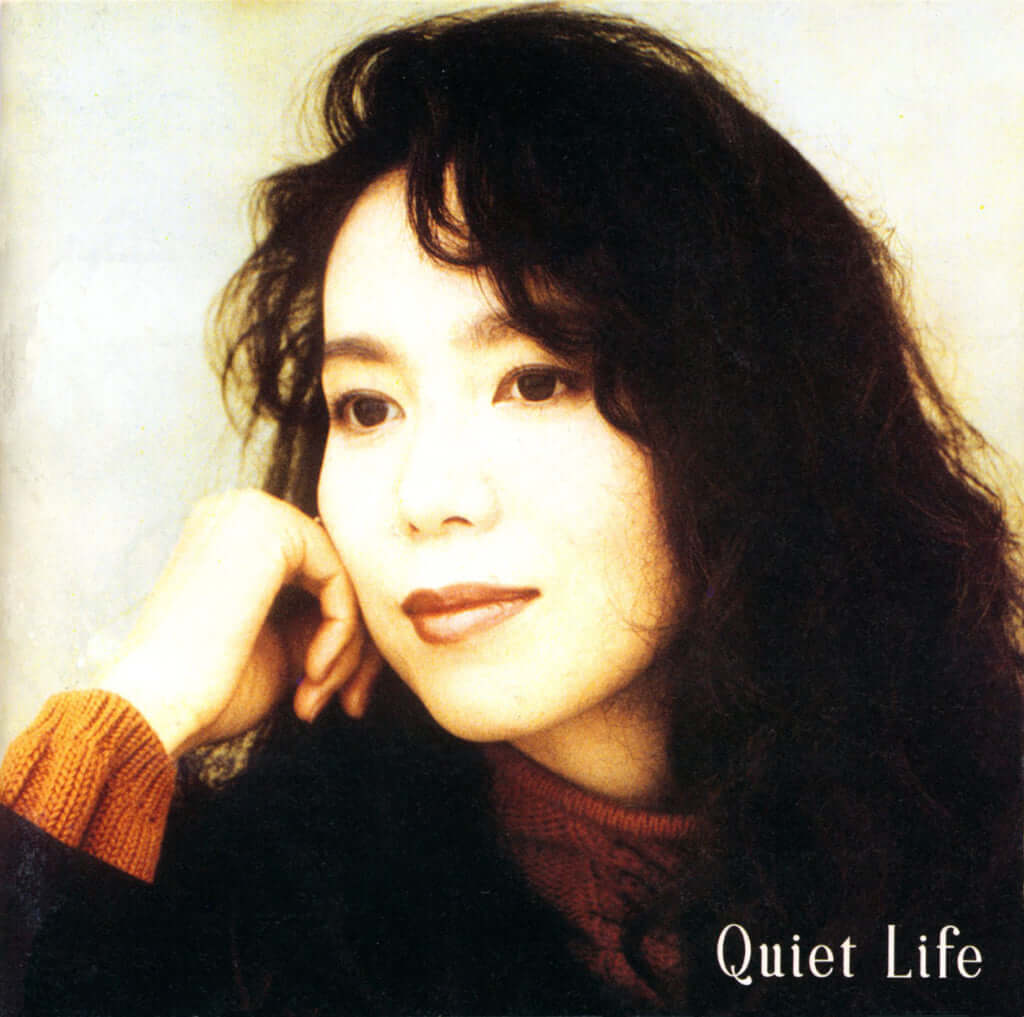
‘Quiet Life’ (1992) © Warner Music Japan
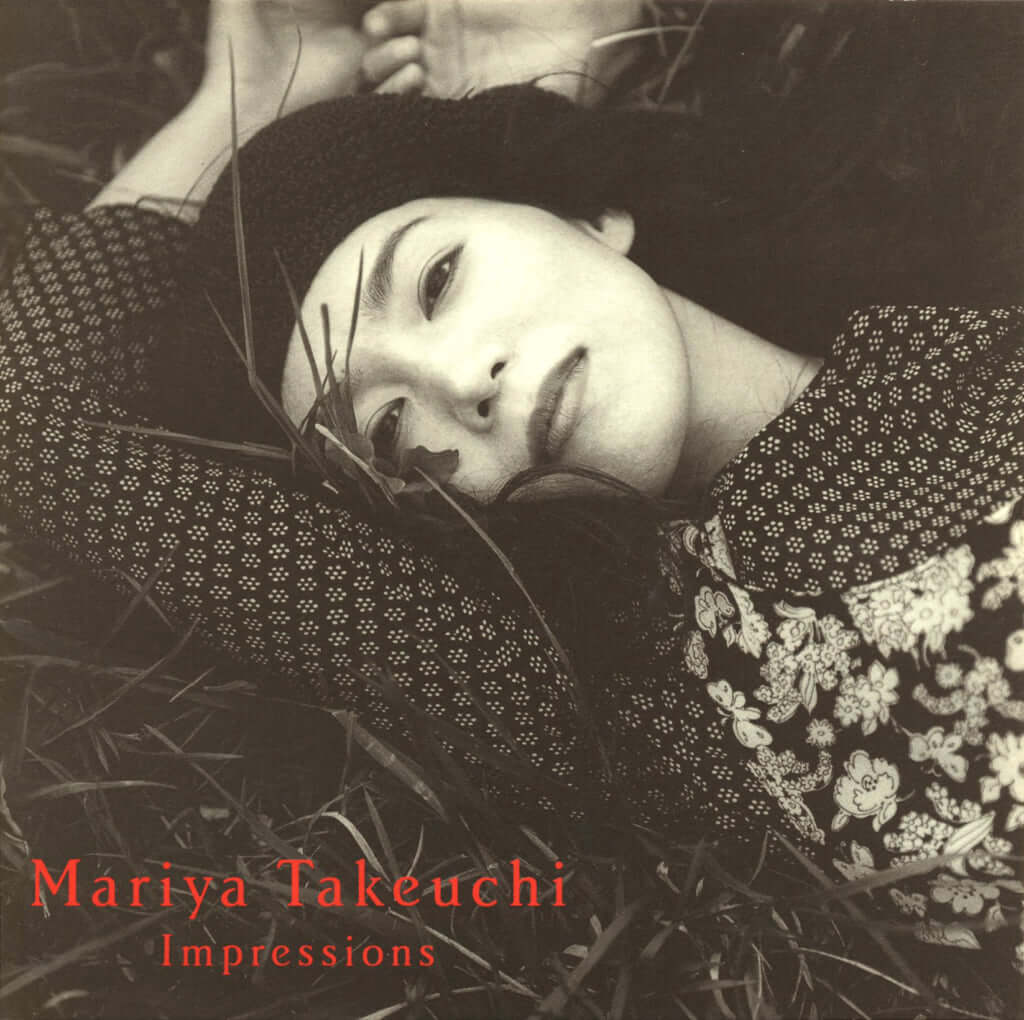
‘Impressions’ (1994) © Warner Music Japan

‘Souvenir: Mariya Takeuchi Live’ (2000) © Warner Music Japan
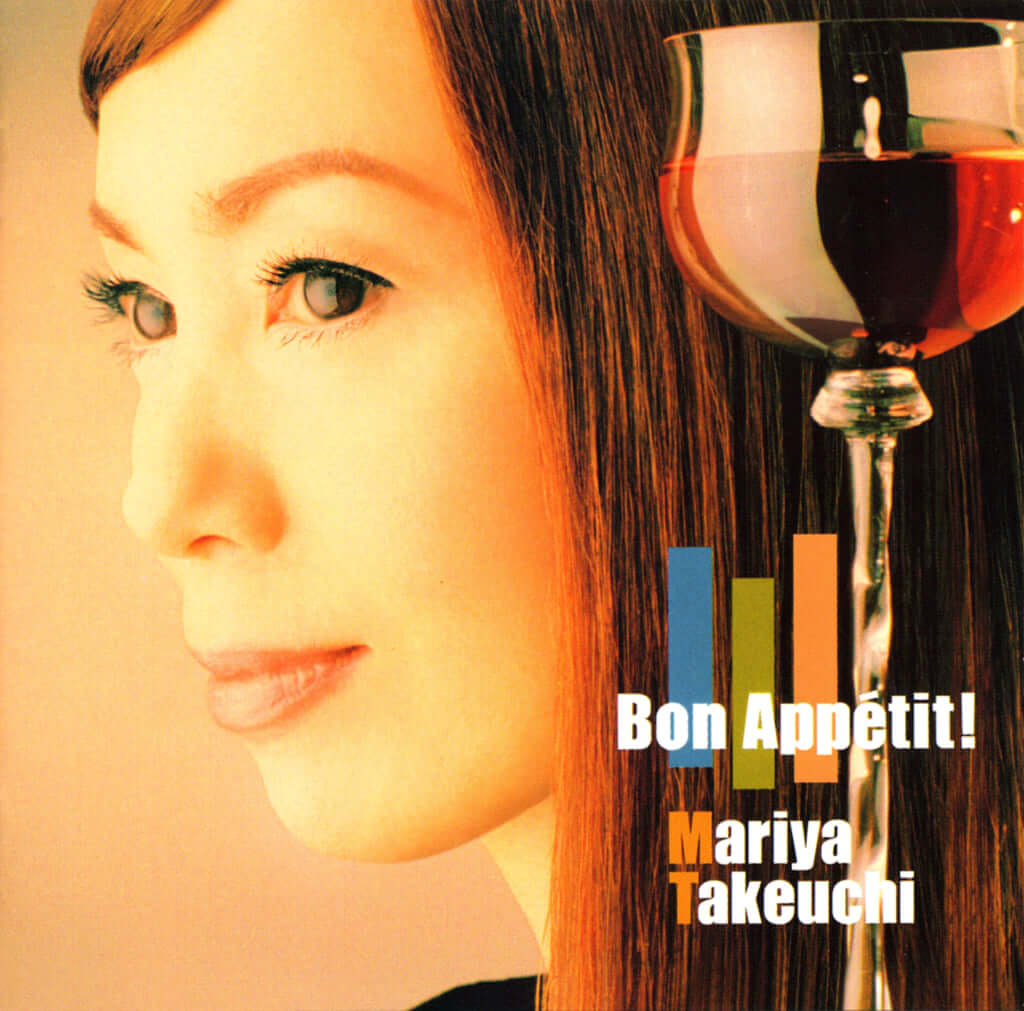
‘Bon Apetit!’ (2001) © Warner Music Japan

‘Longtime Favourites’ (2004) © Warner Music Japan
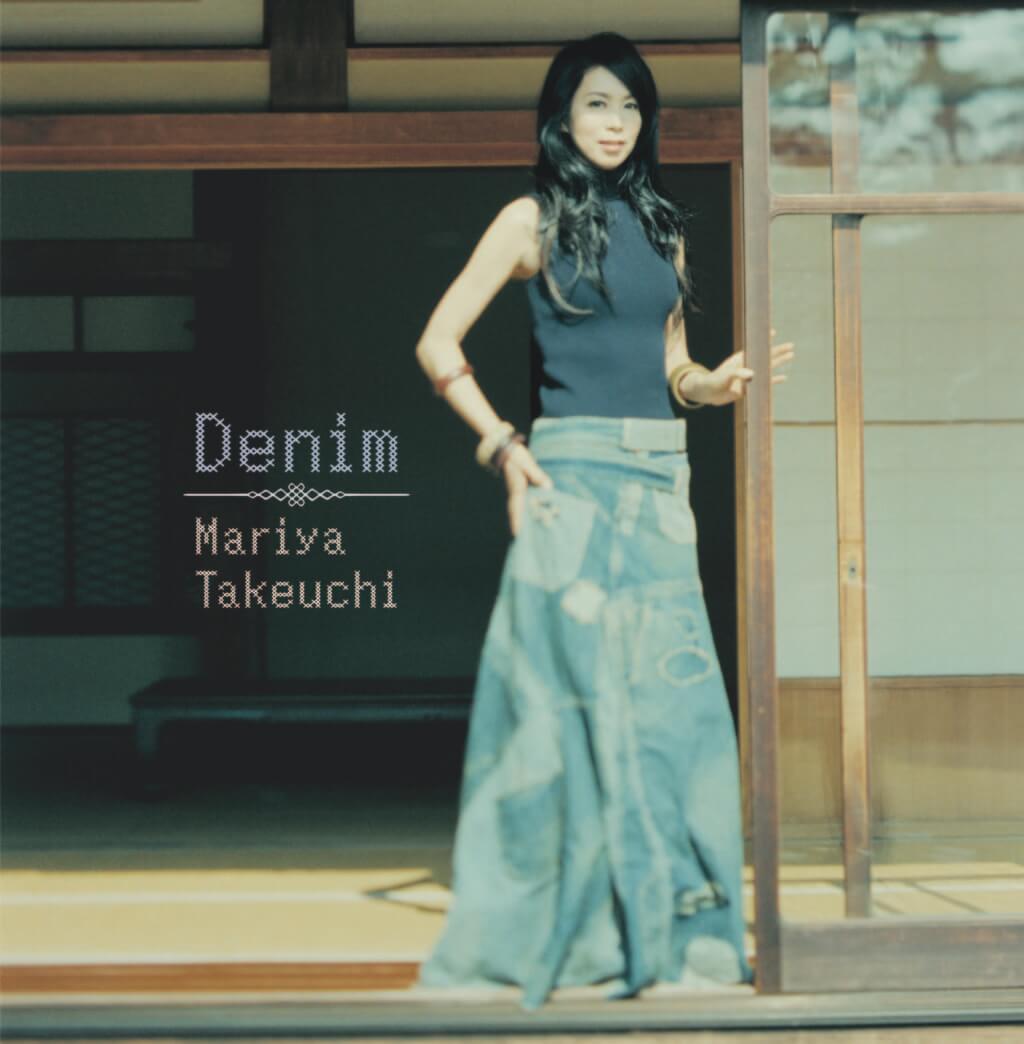
‘Denim’ (2007) © Warner Music Japan
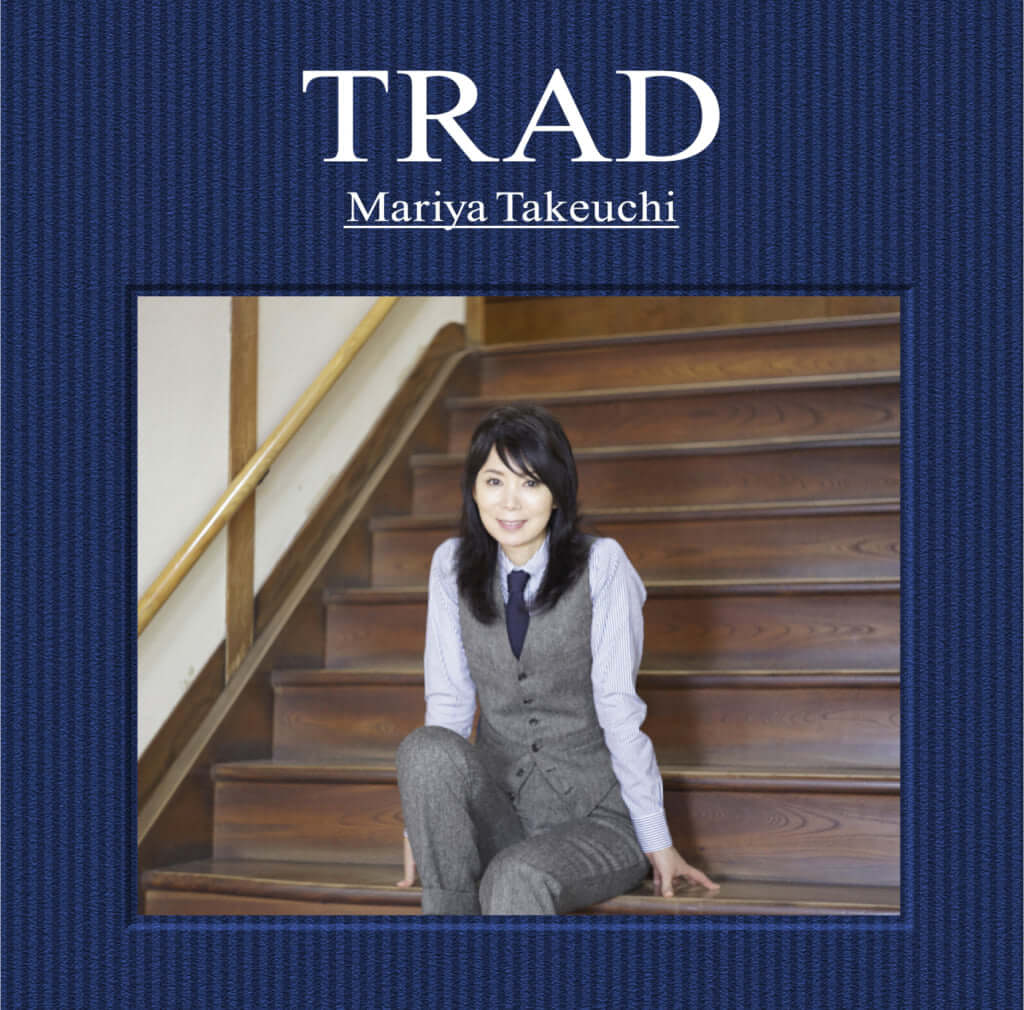
‘TRAD’ (2014) © Warner Music Japan
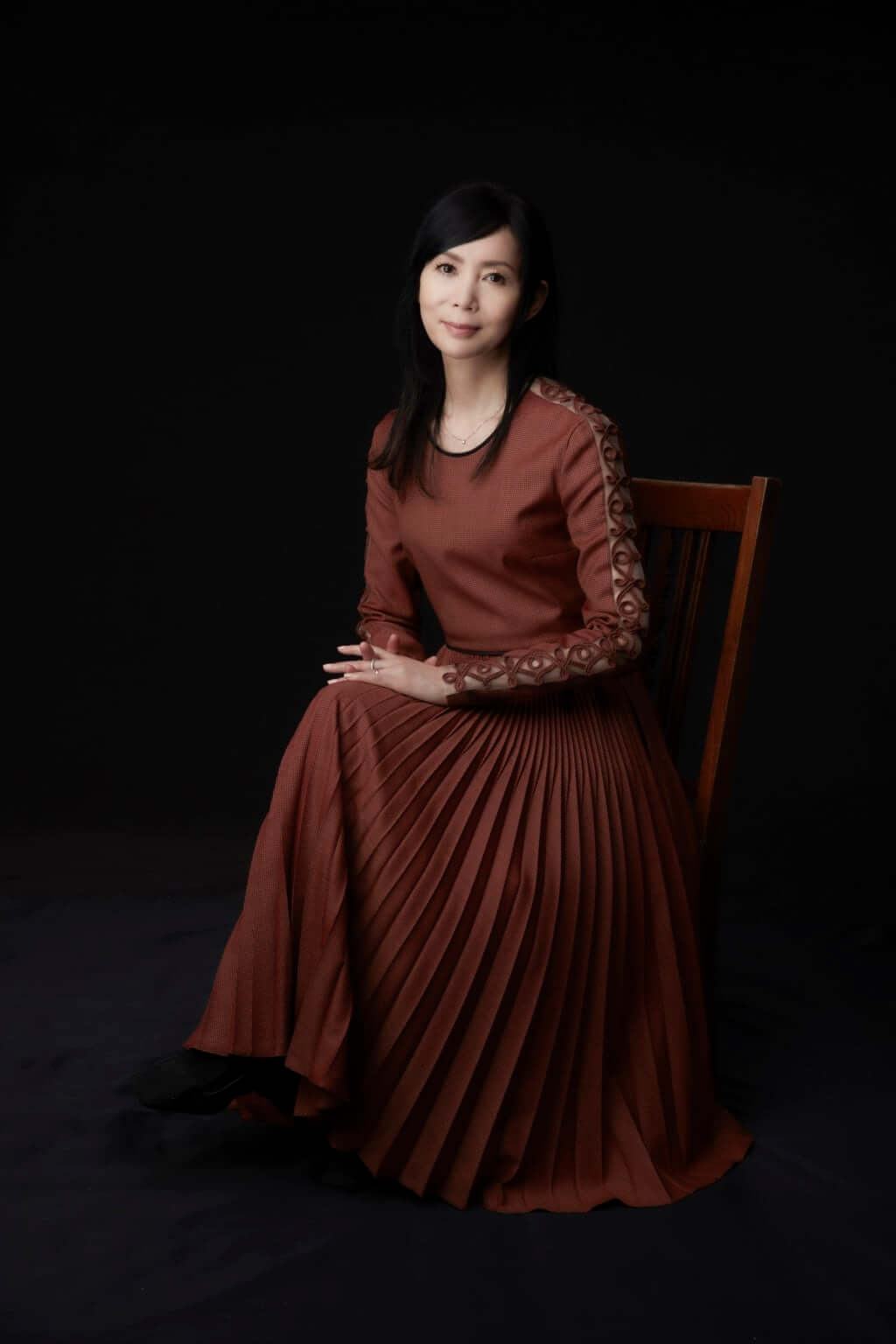
Portrait of Mariya Takeuchi © Warner Music Japan
TRENDING
-
A House from the Taisho Era Reveals Its Secrets
While visiting an abandoned building, Hamish Campbell discovered photographs the owner had taken of the place in the 1920s.

-
The Taboo-Breaking Erotica of Toshio Saeki
The master of the 1970s Japanese avant-garde reimagined his most iconic artworks for a limited box set with silkscreen artist Fumie Taniyama.

-
With Meisa Fujishiro, Tokyo's Nudes Stand Tall
In the series 'Sketches of Tokyo', the photographer revisits the genre by bringing it face to face with the capital's architecture.

-
Masahisa Fukase's Family Portraits
In his series ‘Family’, the photographer compiles surprising photos in which he questions death, the inescapable.

-
Hajime Sorayama's Futuristic Eroticism
The illustrator is the pioneer for a form of hyperrealism that combines sensuality and technology and depicts sexualised robots.


